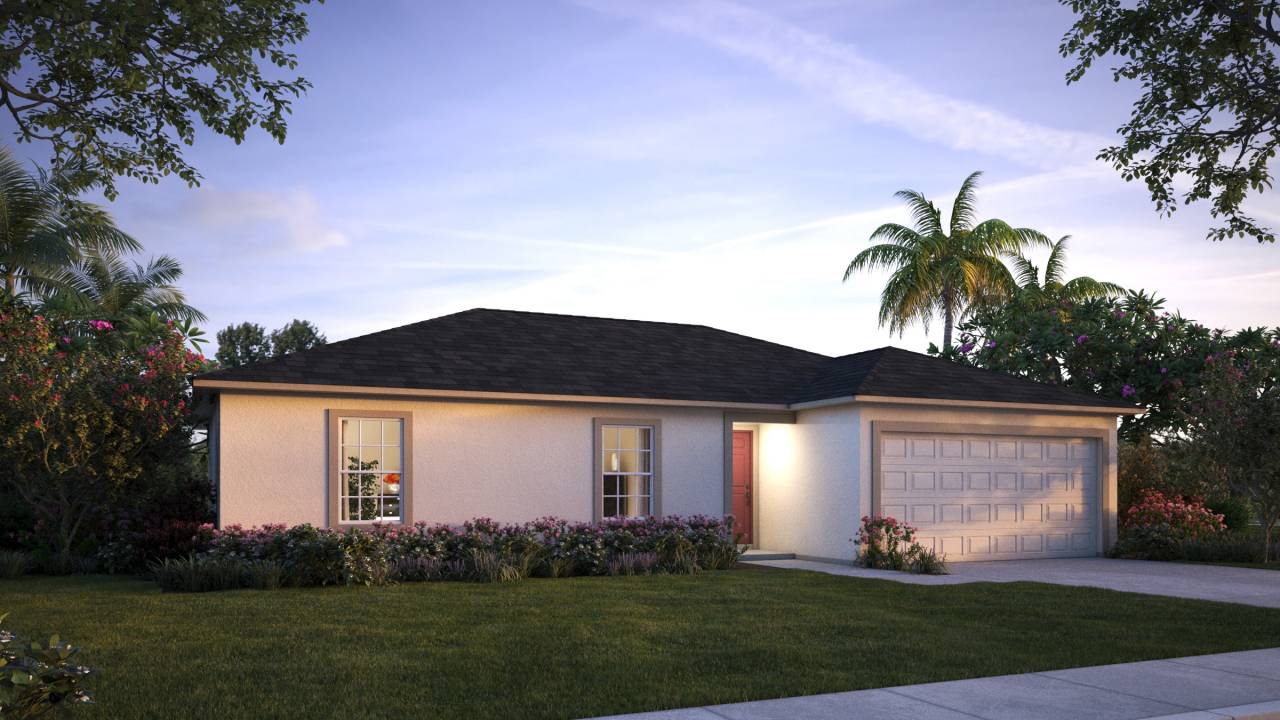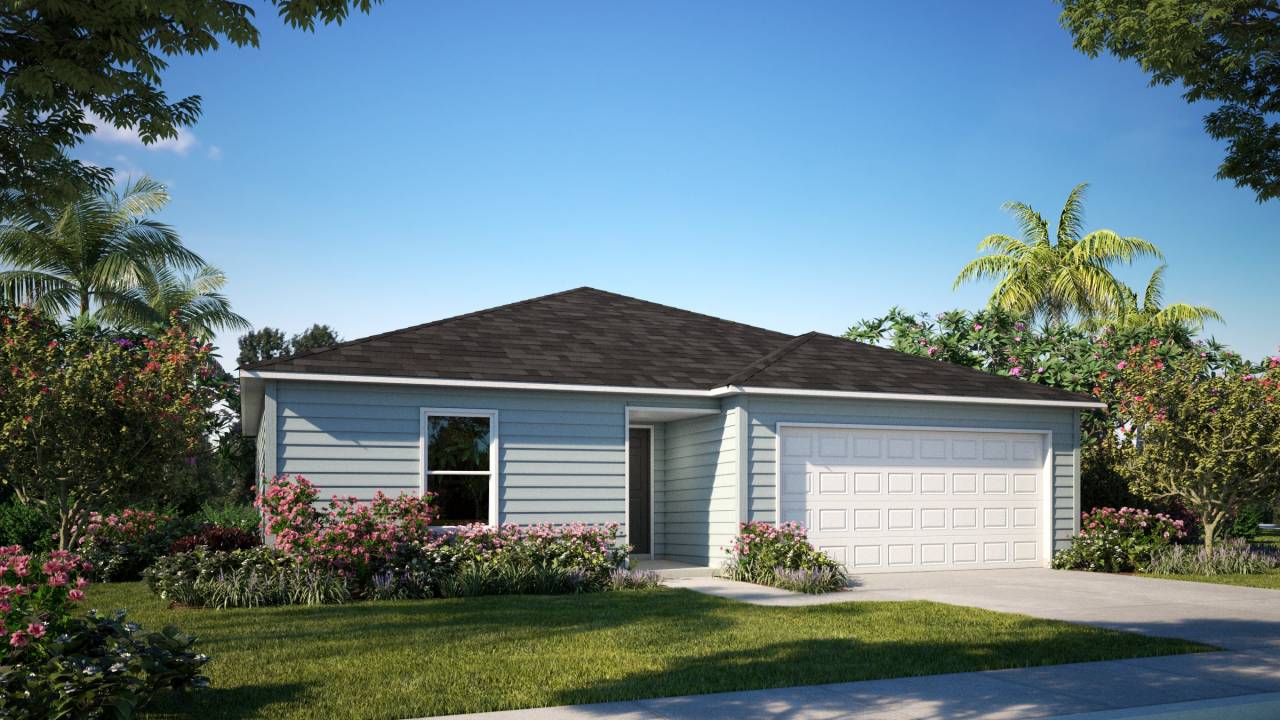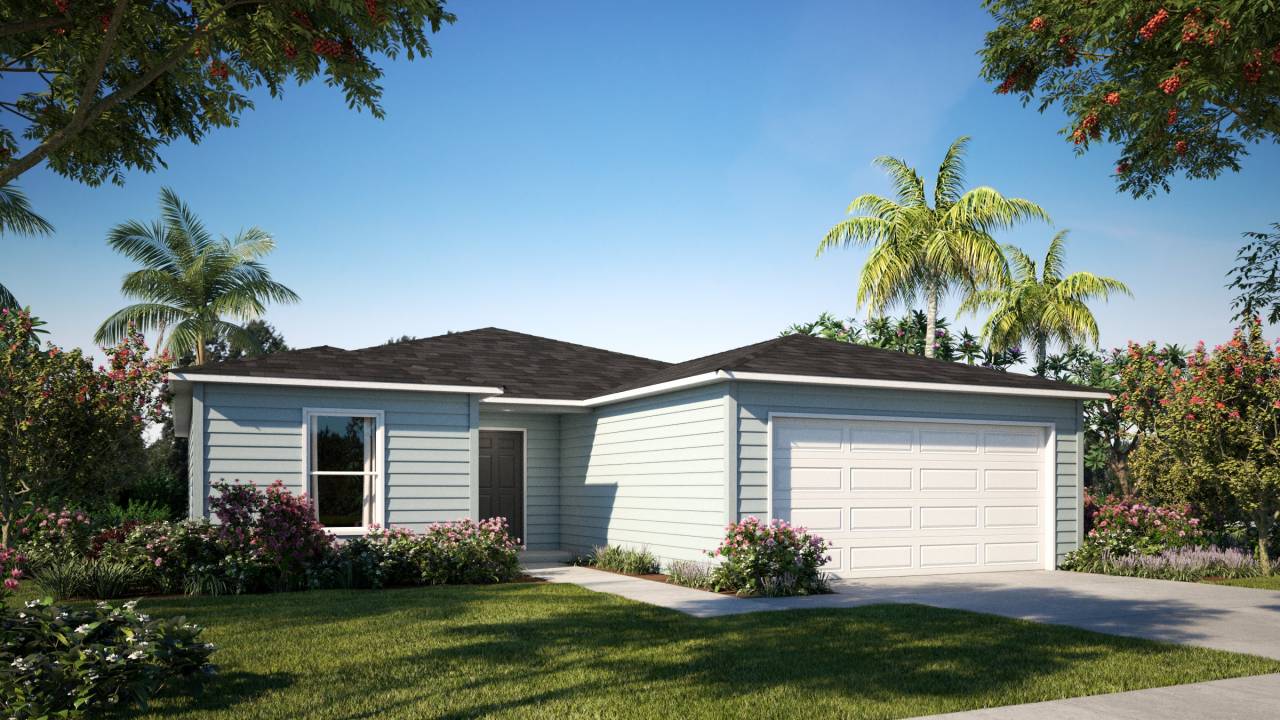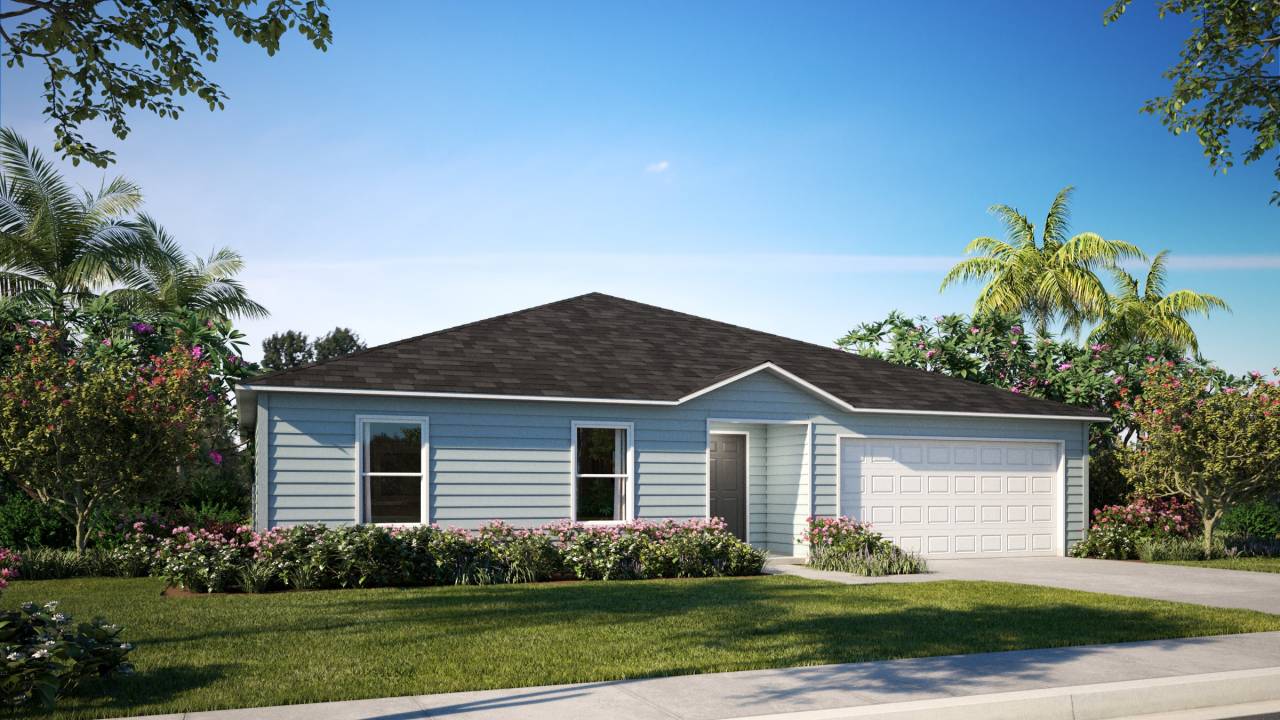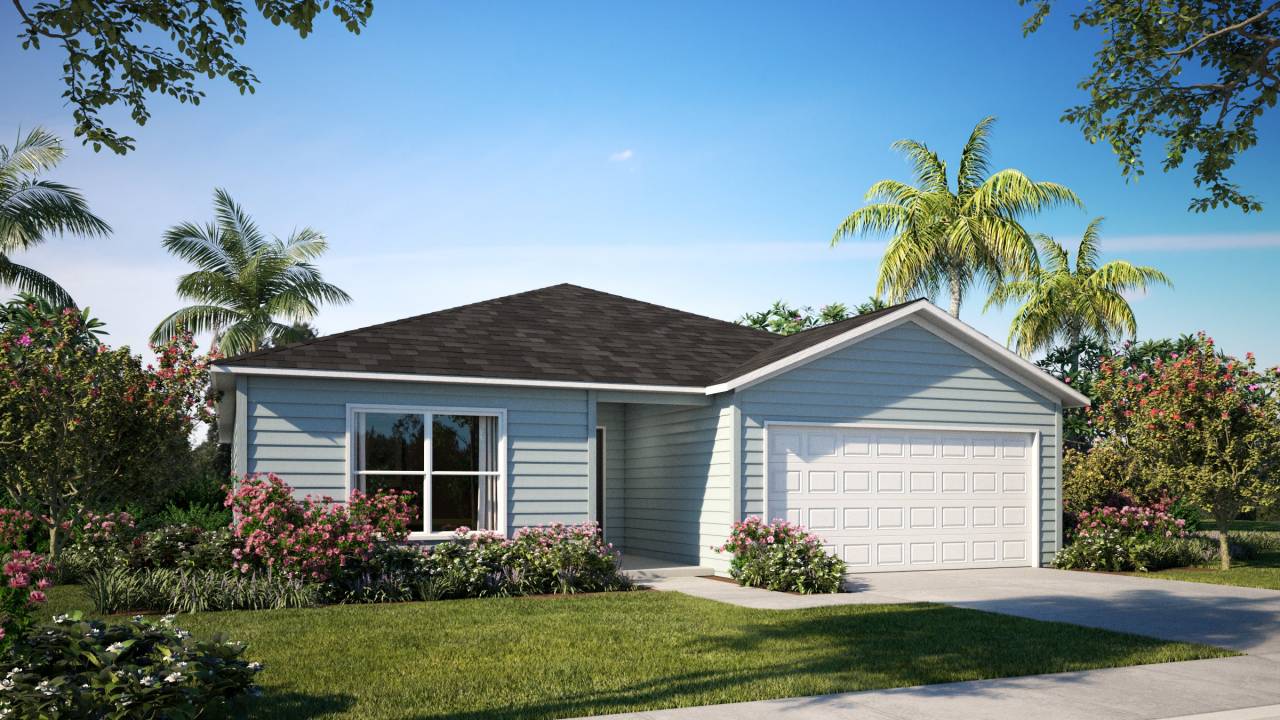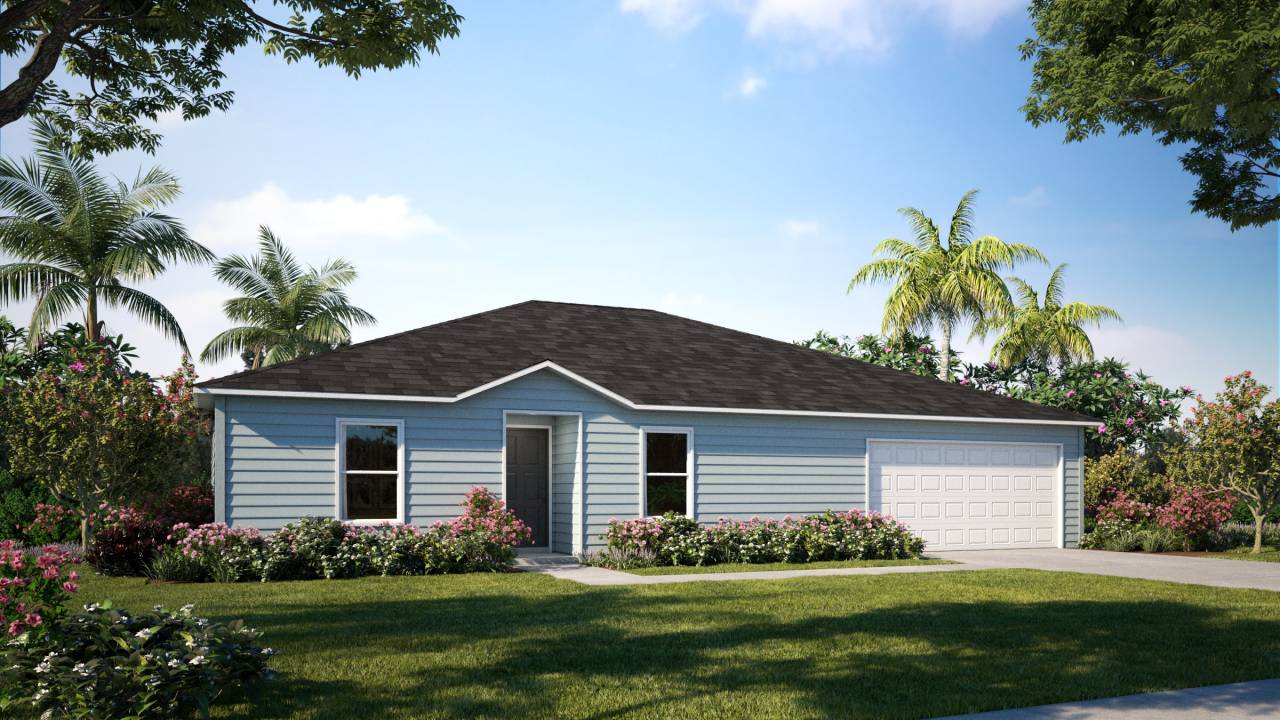Energy efficiency is defined as the method(s) of reducing energy consumption by using less energy to attain the same amount of useful output. It has been a rising trend for years in the U.S. due to increasing energy costs in households and environmental problems caused by greenhouse gas emissions.
In the residential sector, energy is used for space and water heating, air conditioning, appliances, electronics, and lighting. Households are charged for electricity per kilowatt-hour (kWh). Essentially, usage directly correlates with cost. By implementing energy efficient products and appliances in your home, you could reduce your energy consumption by 25-30% and in result lower your utility bills (The U.S. Department of Energy).
According to the U.S. Energy Information Administration, in the state of Florida, residents pay roughly 13% more than the national average in energy bills alone. They also consume the sixth most kWh per month in the country at 1,089. The high energy usage and prices are likely due to Florida’s hot and humid climate, where air conditioners are running for the majority of the year.
Luckily, energy efficient air conditioners and furnaces can be swapped out for conventional ones with no inhibitive restrictions. With new and improved appliances, the days of turning the air down in the winter months to save money will be long gone. Energy efficient HVACS will keep your house at a certain temperature while consuming less energy. This is ideal for both your pockets and carbon footprint.
Pursuing this further, maintaining the interior temperature of your house with proper insulation, air sealing and/or windows is just as important. Your HVAC will work harder if any of these components are not sufficient.
Another easy energy saving fix is to use 12-watt LED light bulbs. They use 75-80% less energy than a 60-watt traditional bulb, but provide the exact same level of light.
There are plenty of upgrades that can be implemented into your home to increase your energy efficiency. The most important thing to consider is approaching these upgrades with a holistic approach that strategically targets the most significant sources of energy waste in your home. Keep in mind the potential savings that come with these upgrades, as well as home value appreciation and environmental conservation. You can also reach out to your utility company for an energy audit. Energy audits are an easy way to identify what upgrades should be made to your home.
If you’re in the market for a new home, consider building or purchasing a new construction home. At Focus Homes, energy efficient building materials and appliances are already included in the sales price. Start building with us today!

